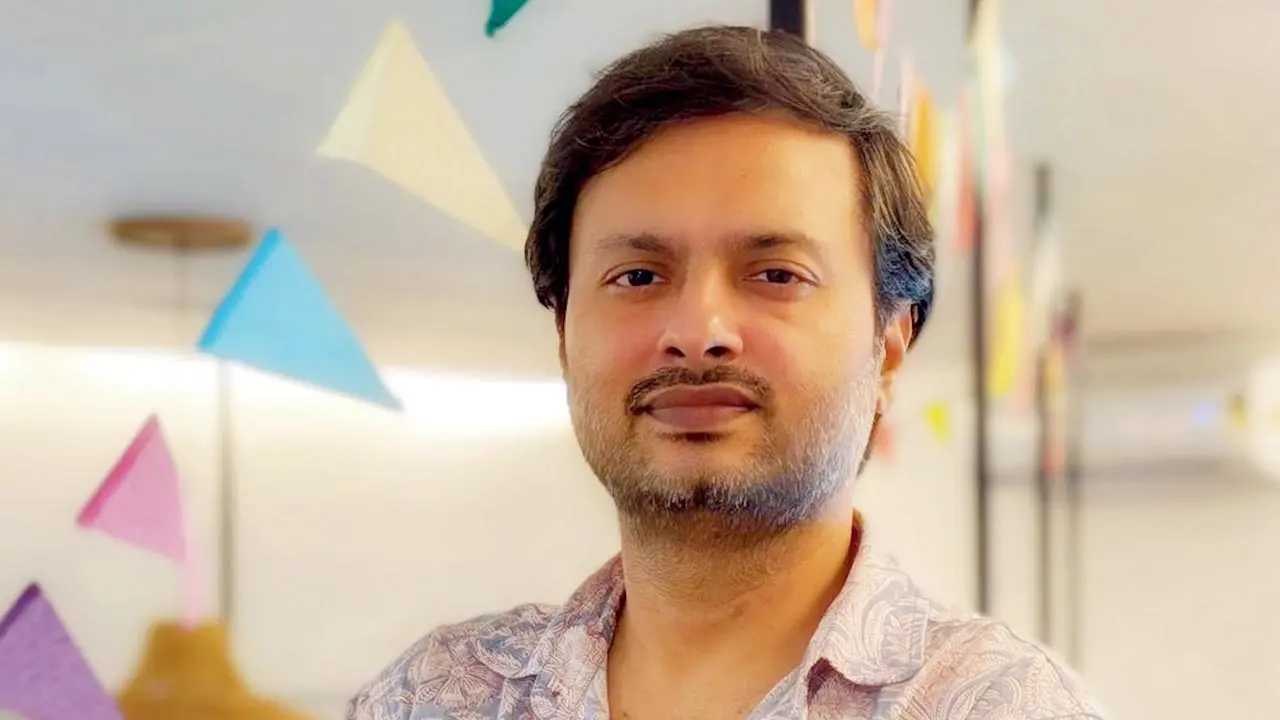Think lyricist-screenwriter Puneet Sharma, and the first thing that probably comes to mind is his 2020 viral poem Tum Kaun Ho Be, which he wrote during the anti-CAA protests. His songwriting too is often infused with his politics. A shining example being Hua Na, a sombre track from Jolly LLB 3 in which a citizen expresses his grief about being an unrequited lover to his country. “Whatever I write, it will always be political,” Sharma says matter-of-factly as we get on a call with him to discuss the balance between ideology and art, and the price he has to pay for his political views.
Excerpts from the interview.
Your lyrics often speak of things beyond the film. How tough is it to blend your politics with your craft?
It is both easy and difficult. You take time to understand how to balance one [ideology] with the other [craft]. Whatever I write, it will always be political. I believe no writing is apolitical. If I try to avoid writing anything political, that’s also a political stand. But yes, when I write a film, I first try to make it true for the character, the situation, and the story.
(L-R) Arshad Warsi and Akshay Kumar in ‘Jolly LLB 3’
Sometimes songs are written and composed after it has been shot, like in the case of Jolly LLB 3. In such situations, do you write only for the character or also for the actor?
I try not to write for the actor. In some cases, you do that. For example, in Jawan [2023], when the dialogue writer wrote, ‘Bete ko haath lagane se pehle baap se baat kar,’ it was written for the actor [Shah Rukh Khan] as well. But in situations where the song has been shot, the visuals are set and the actor’s emotion has been decided. In such cases, you’ve been given a backdrop and you have to see what the visuals lack, [and fill in that gap].
Your poem, Tum Kaun Ho Be, continues to be relevant. Do people in the industry get wary of artistes who are politically vocal?
Yes. Sometimes, people like what you do, but they face problems if they associate themselves with you, especially those who have more to lose in terms of money and projects. Whatever I am doing, I’m doing for selfish reasons. I feel what’s happening around me is wrong. If there is a bullet in my neighbourhood today, I might get shot too, tomorrow. So, I can’t shut my eyes to what’s happening. I have at least three privileges — my gender, religion, and caste. People don’t cut me short as much as they would do others with less privileges.
There are already camps in the industry, whether star-, politics- or ideology-based. Right now, the market allows those camps [with political beliefs different from mine] to do more things. So, that section gets weeded out on its own. Sometimes, there are projects that you want to do and the director wants you too, but the production doesn’t think highly of you [because of your political views]. In social media age, people can easily check [your leanings].
So, a lyricist’s social media handle is scanned before they are onboarded?
In my case, I had already become famous because the poem had gone viral.
But have your political views directly caused you to lose work?
Yes. I have been dropped from projects consciously for them. But I have been dropped for other reasons as well, like quoting a certain price.

